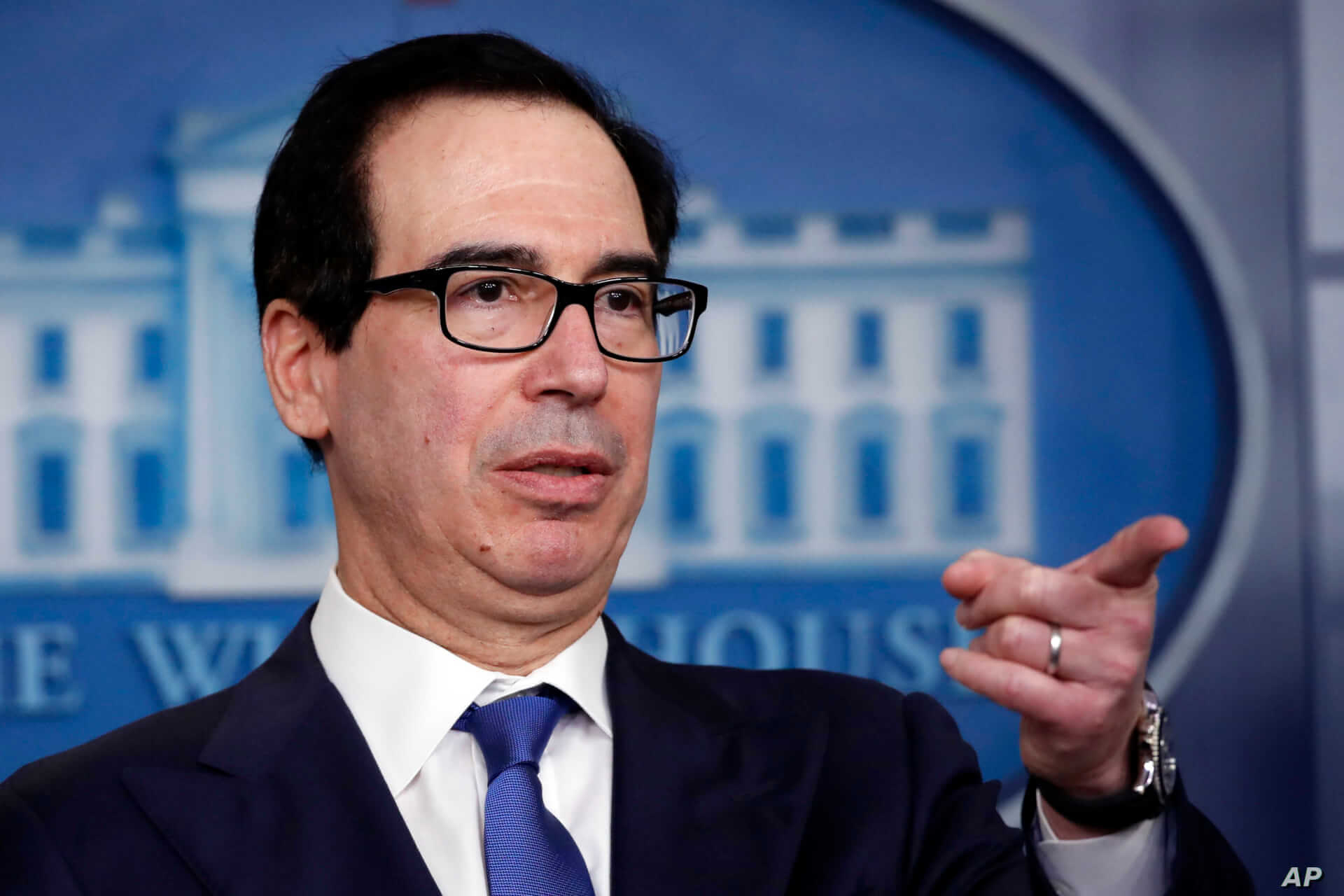The semi-annual report on currency manipulation published by the United States (US) Treasury Department, analysing its trading partners’ macroeconomic and foreign policies, was published on Wednesday. The document enlisted Vietnam and Switzerland as “currency manipulators” and added three countries, namely India, Taiwan, and Thailand, to its less severe “monitoring list,” which already features China, Japan, South Korea, Germany, Italy, Singapore, and Malaysia.
Through its report on currency manipulators, the US aims to “dismantle unfair barriers to trade and achieve fairer and more reciprocal trade with major US trading partners.” Hence, it seeks to prevent economies from manipulating their currencies and exchange rates and consequently having an unfair advantage in international trade. There are three factors that the report considers while formulating the list. The first is whether the country has “a bilateral trade surplus with the US of more than $20 billion.” The second factor is whether the trade partner has “a current account surplus of at least 3% of [Gross Domestic Product].” And the third is whether the country in question has “net purchases of foreign currency of 2% of GDP over a 12-month period.”
India was accused of intervention in the foreign exchange market in a “sustained, asymmetric manner” as it failed to meet the first and third criteria. The report said, “India for several years has maintained a significant bilateral goods trade surplus with the United States, which totalled $22 billion in the four quarters through June 2020.” Further, it said that the net purchases of foreign currency amounted to about 2.4% of its GDP. Experts predict that this could result in the Indian Rupee appreciating, as India will cut down on its dollar purchases.
While India’s activities were not considered severe enough for it to be featured in the list of “manipulators,” the report said, “Treasury encourages the authorities to limit foreign exchange intervention to periods of excessive volatility, while allowing the rupee to adjust based on economic fundamentals. By further opening the economy to foreign investors, India can also support economic recovery and bolster long-term growth.”
In 2019, India was removed from the “monitoring list” as it met only one criterion—having a trade surplus with the US. India, along with China, Germany, Japan, South Korea, and Switzerland, were added to the list in May 2018.
Alongside India, Vietnam and Switzerland have both been accused of devaluing their currencies to “prevent effective balance of payments adjustments.” A senior official of the US Treasury said that the three-pronged criteria were exceeded by both the countries by “a substantial margin.” It further accused Vietnam of manipulating its currency to gain an “unfair competitive advantage in international trade.” Moreover, Vietnam is already at the risk of facing tariffs as a result of a separate investigation by the US Trade Representative’s office on currency manipulation. However, he said that the US is willing to collaborate with both Vietnam and Switzerland to secure their compliance with the criteria.
Responding to the allegations in the report, the Swiss National Bank denied all claims and reiterated its commitment to “intervene more strongly in the foreign exchange market.” Further, the central bank of Vietnam vowed to work with American authorities to secure a “harmonious and fair” trade partnership.
The US Treasury’s report comes at a time when the COVID-19 pandemic has worsened the US’ trade deficits with several trading partners. This has been a cause of concern for President Donald Trump, who had vowed to narrow the US trade gap as a part of his electoral promises. The report, which has served another blow to the US’ relations with its trading partners, could serve as another obstacle for President-elect Joe Biden, who is set to replace the Trump administration next month. However, the US Treasury Secretary nominee, Janet Yellen, could modify the list in her first report, which will be published in April.
US Adds India to Currency Manipulation Watch List
While Switzerland and Vietnam were termed as “currency manipulators” by a US Treasury report on currency manipulation, India featured in the less severe “watch list.”
December 17, 2020

US Trade Secretary Steven Mnuchin during a press briefing on COVID-19 in April. SOURCE: VOA
